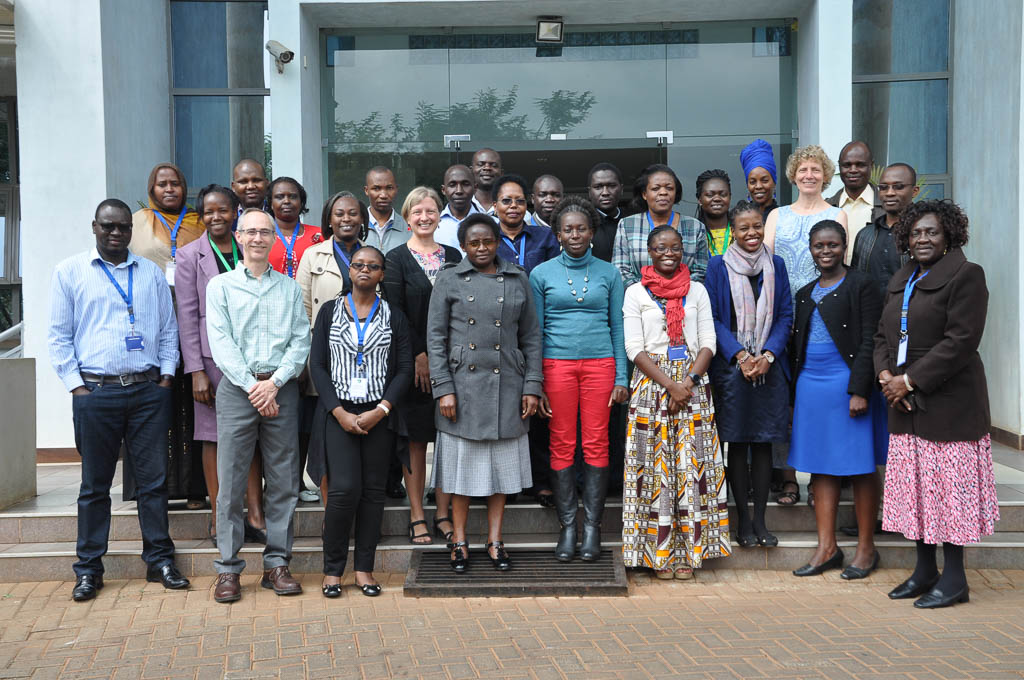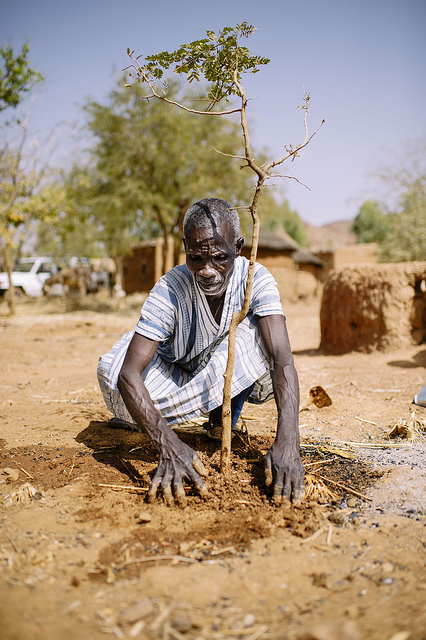
If you are a student, faculty member, or researcher in the United States, you can learn about IPUMS data through an exhibit or workshop at professional conferences held on multiple occasions each year. Thousands of U.S. demographers, geographers, sociologists, economists, ecologists, health researchers, and others have learned about IPUMS through these events. But what if you are student, teacher, or researcher in Africa, where resources are far less plentiful?


